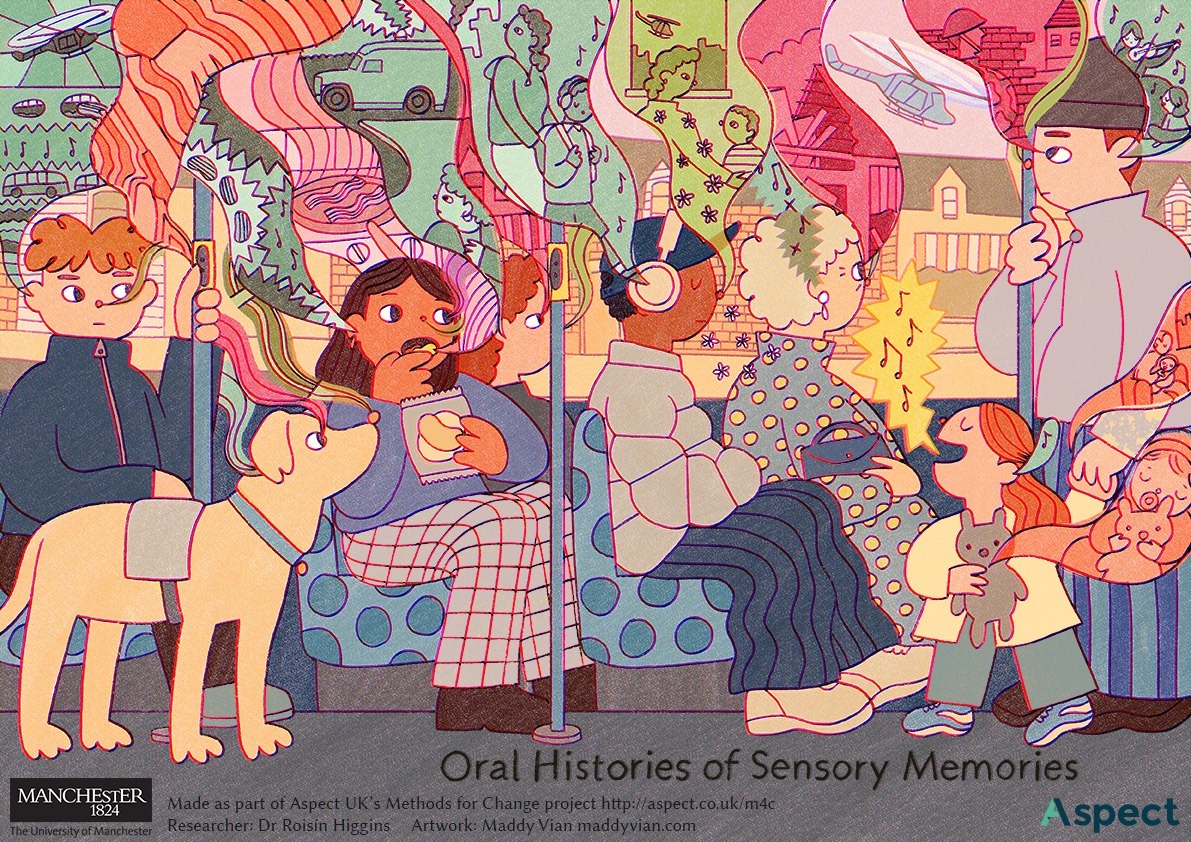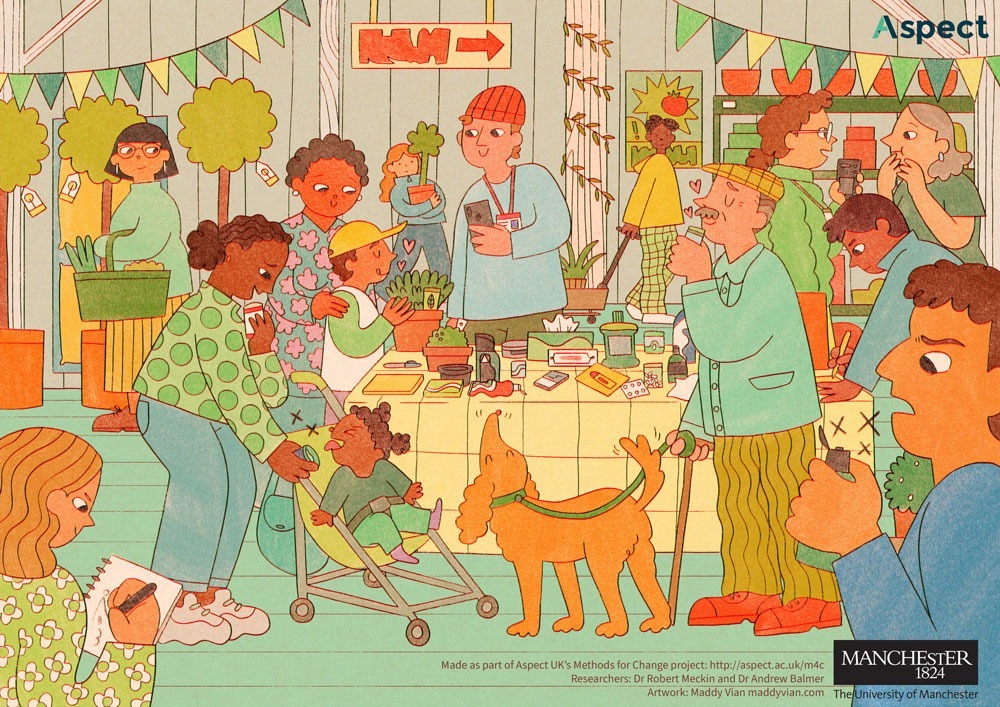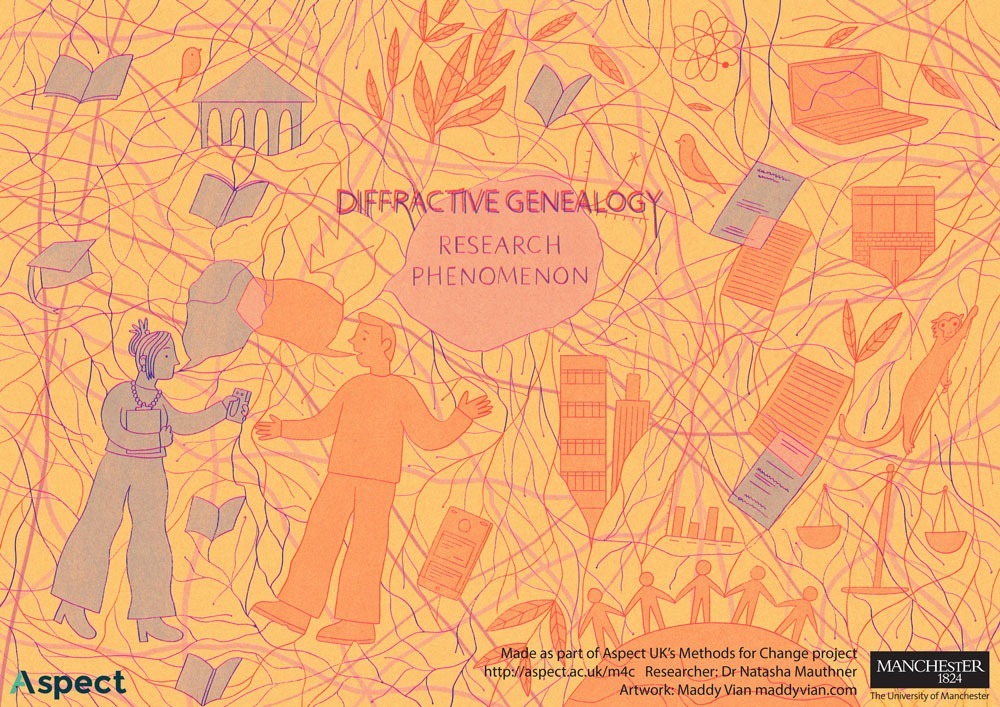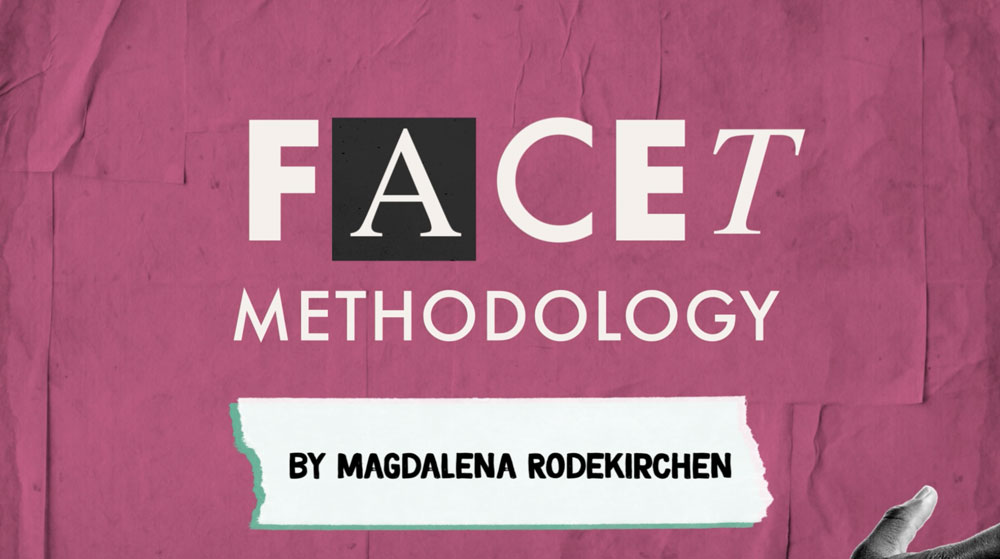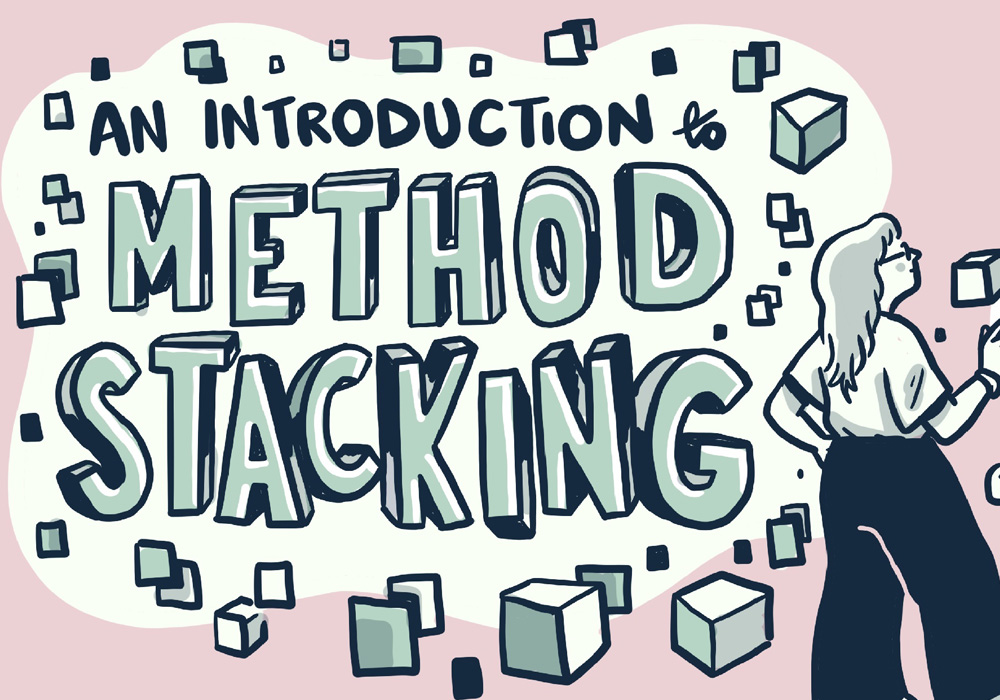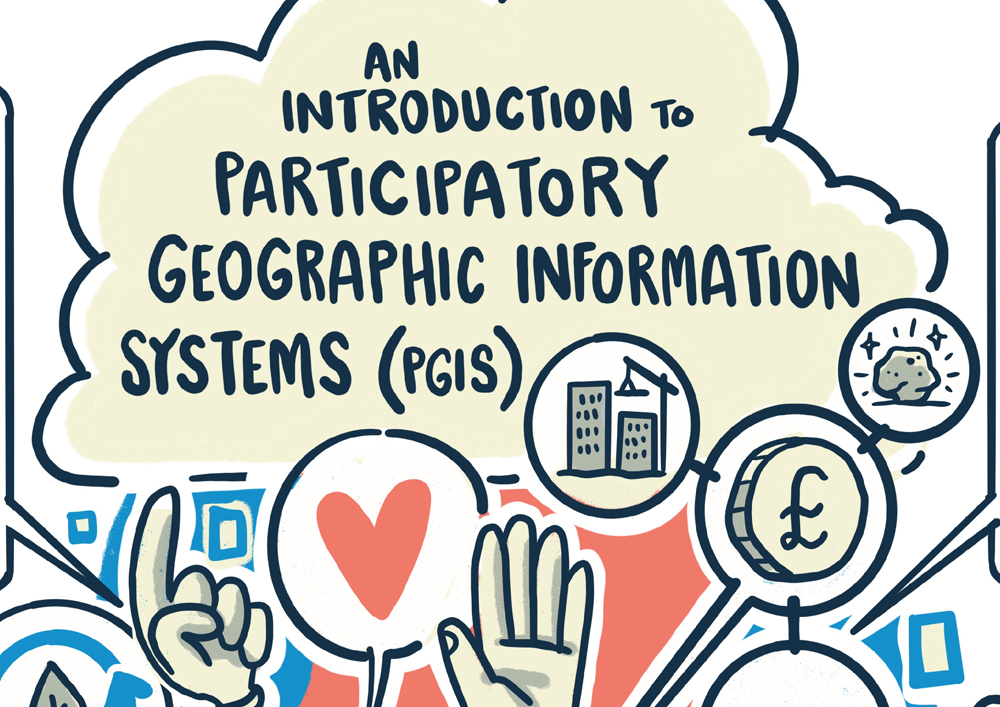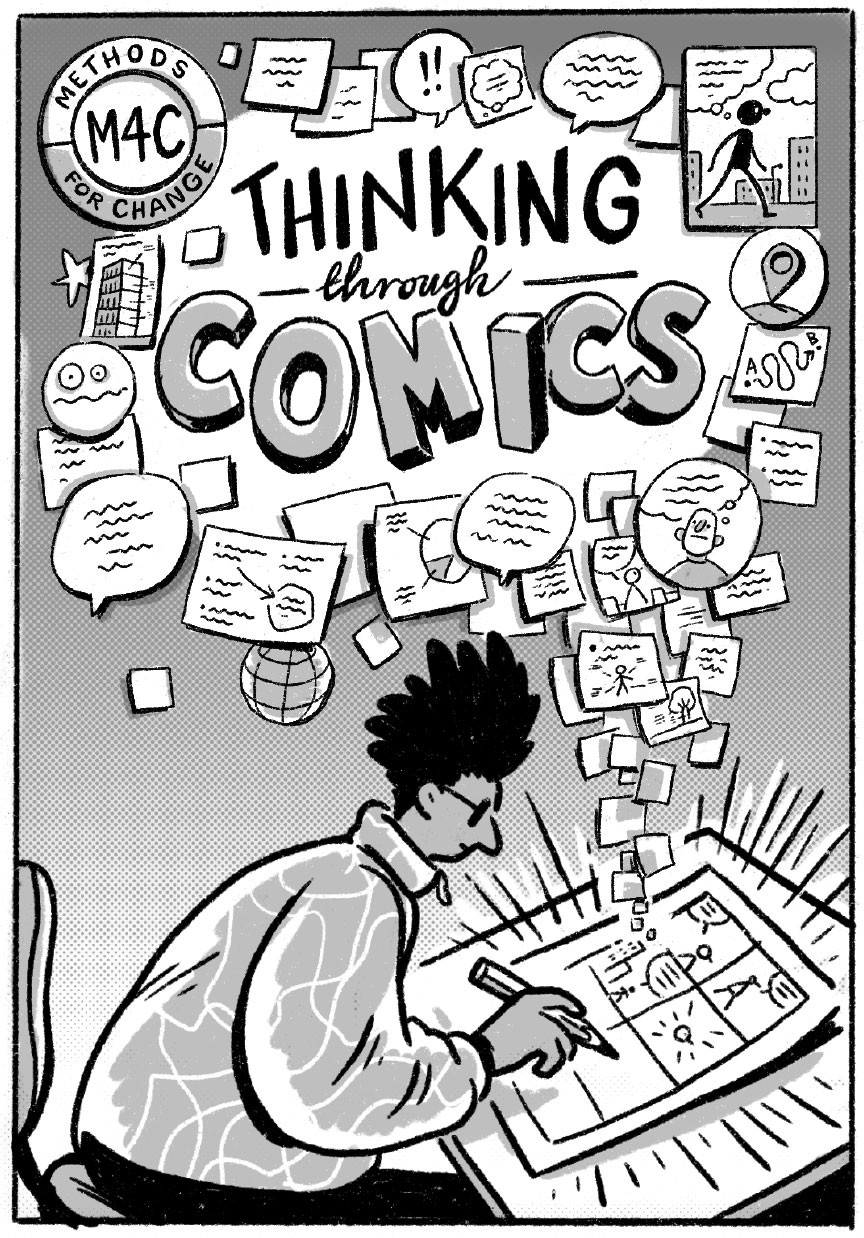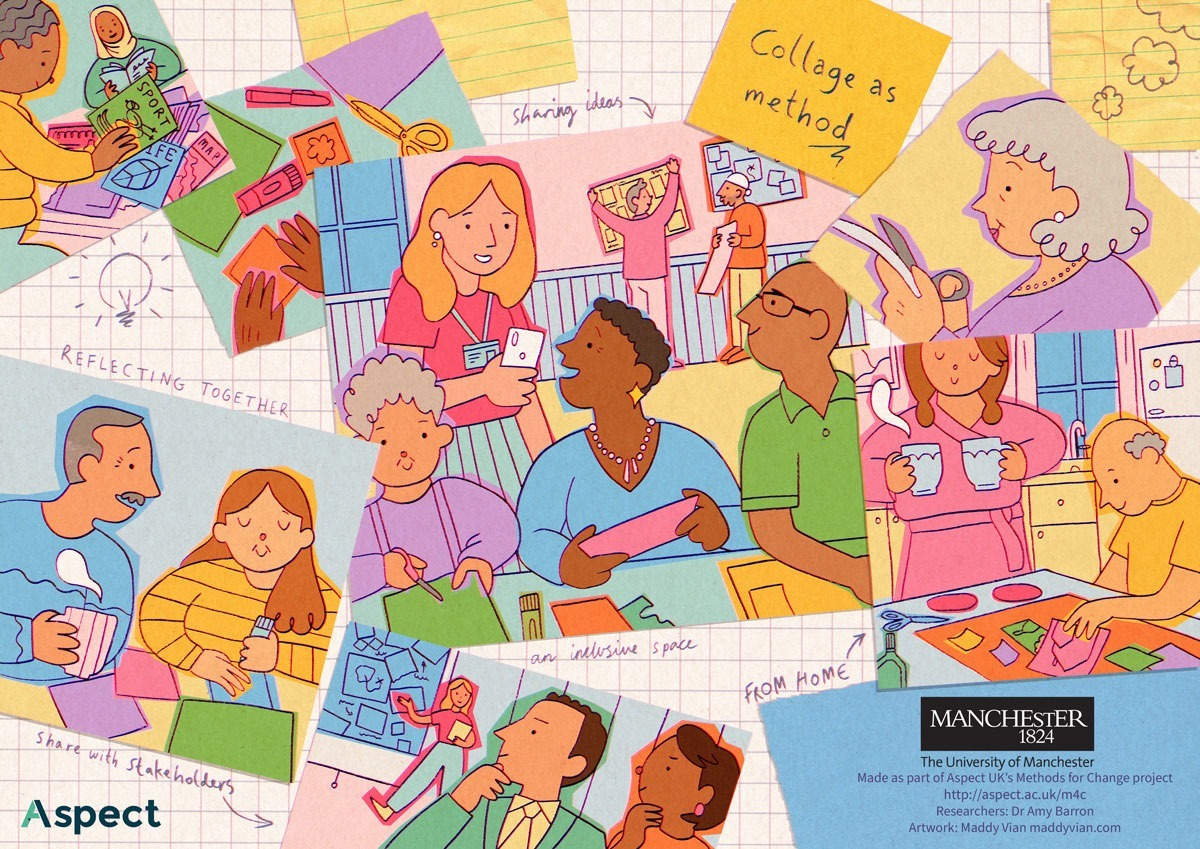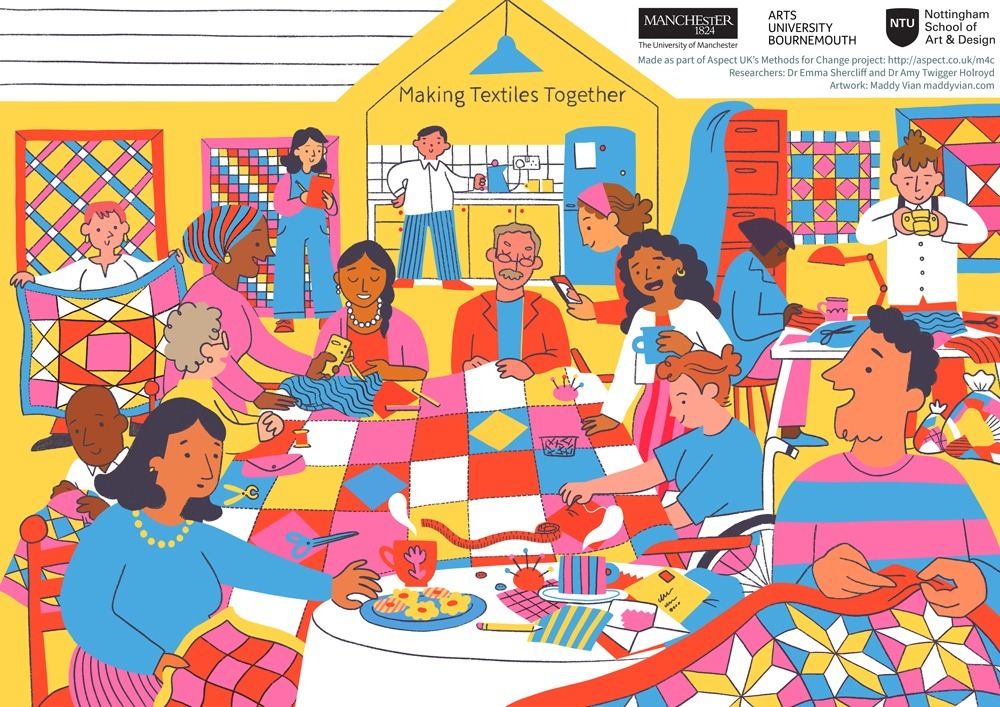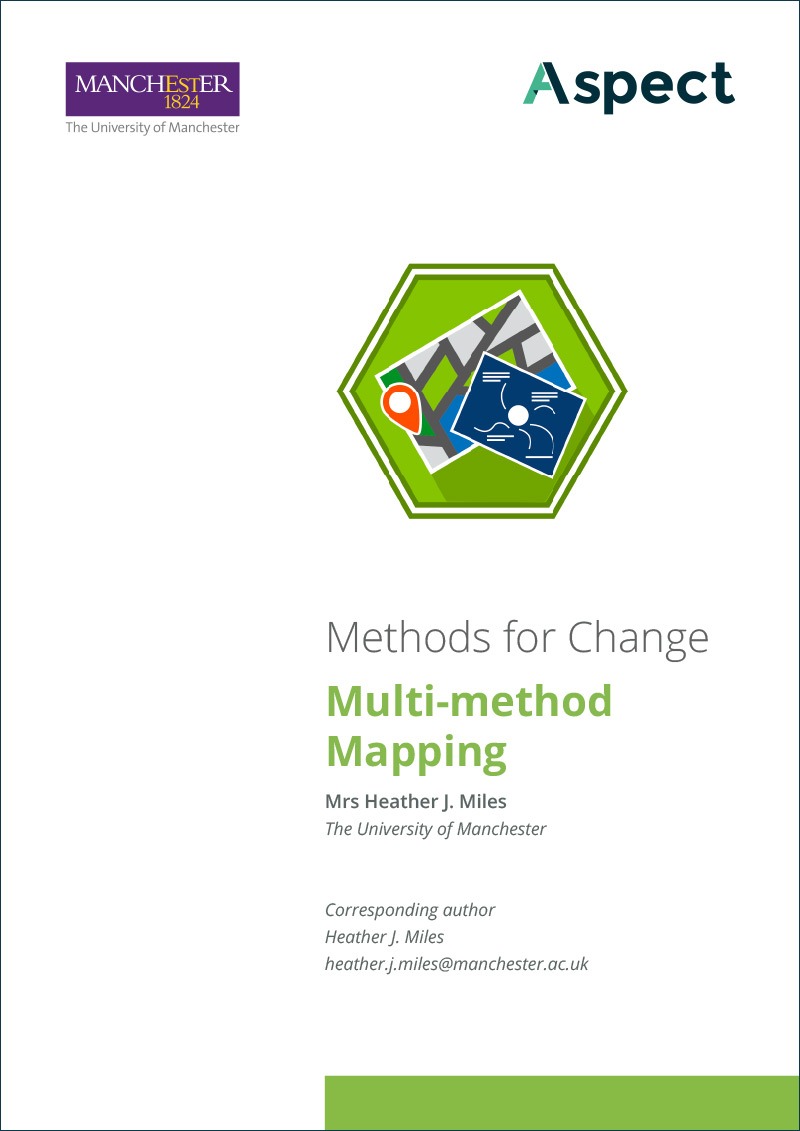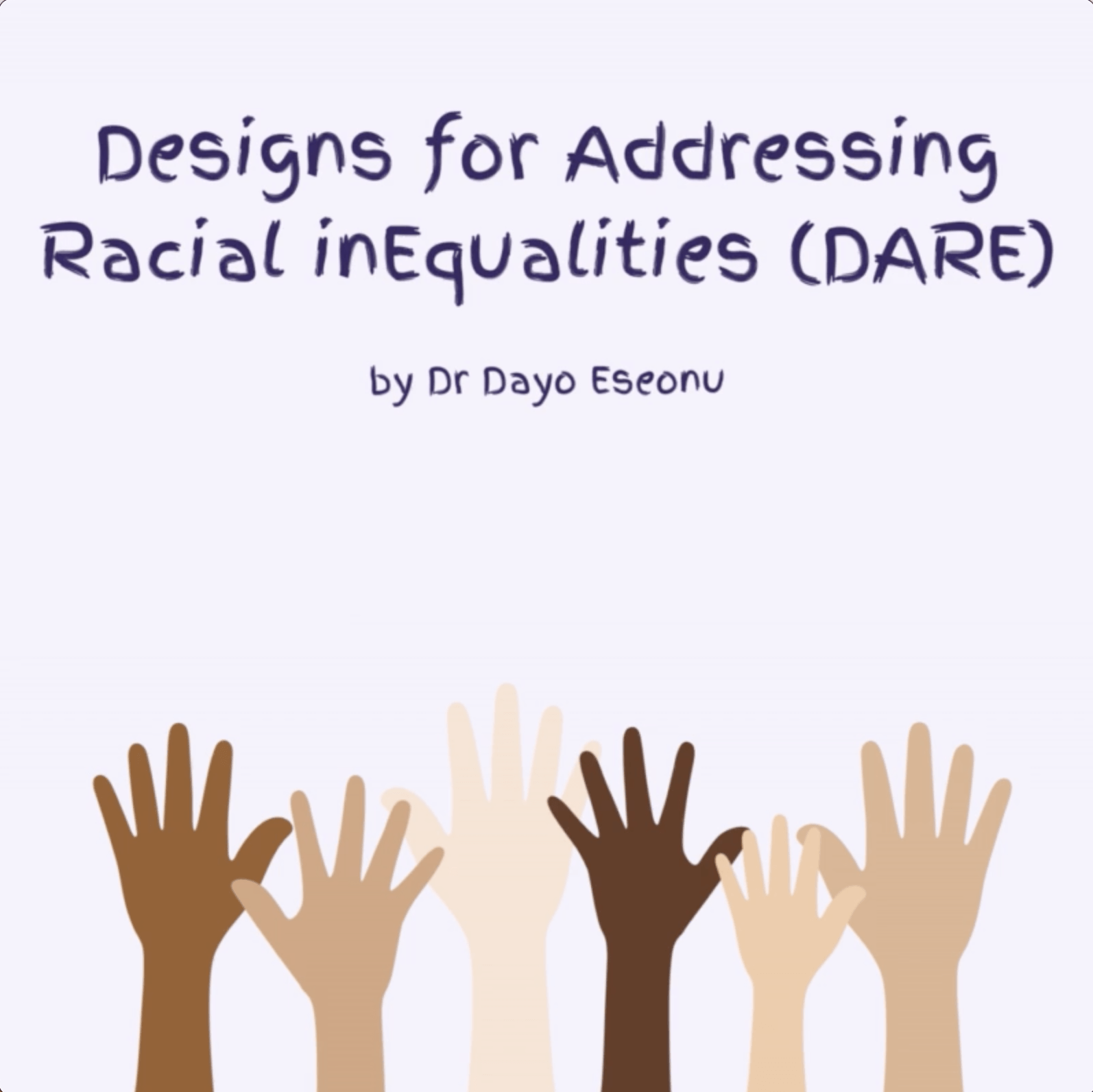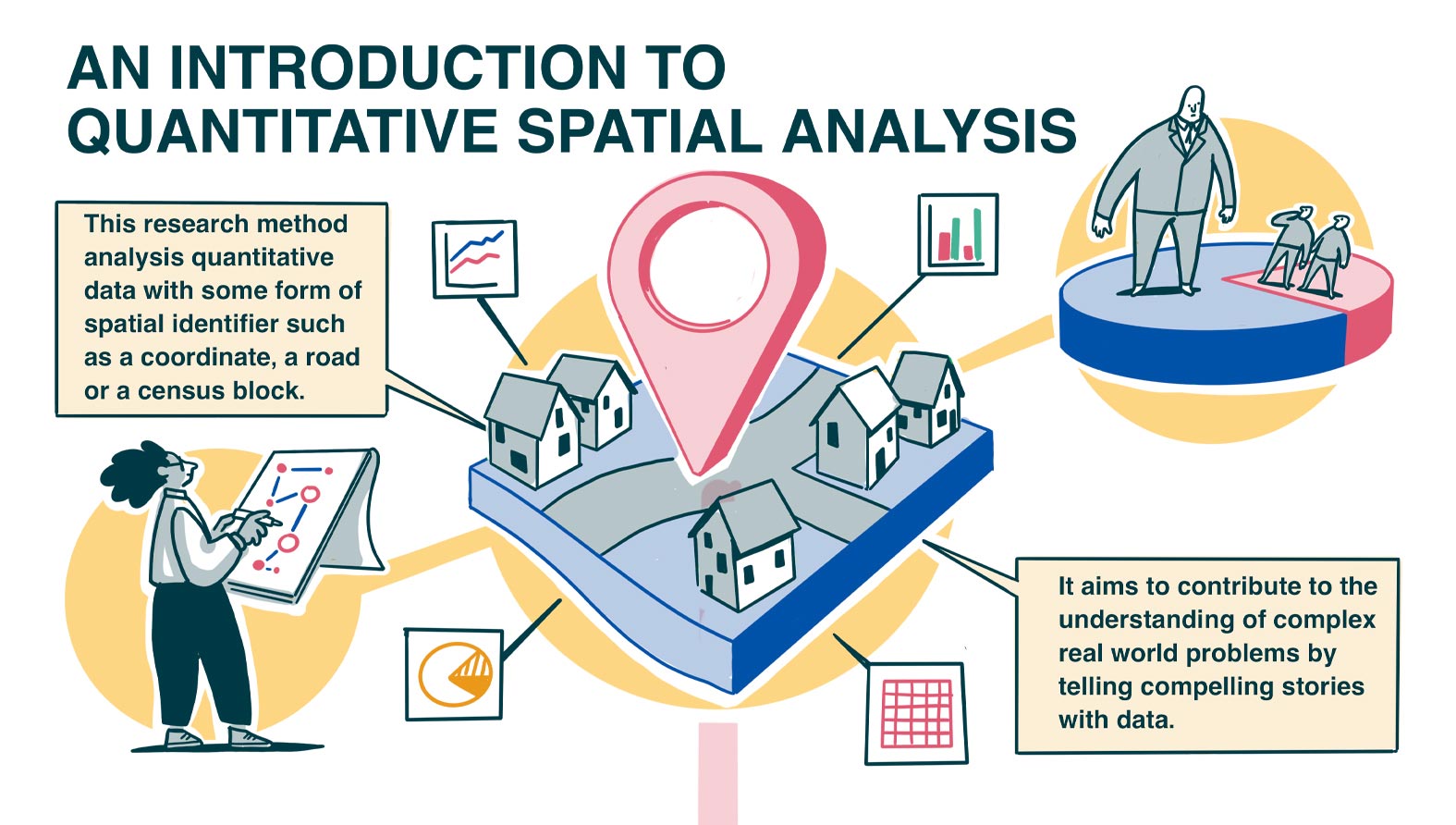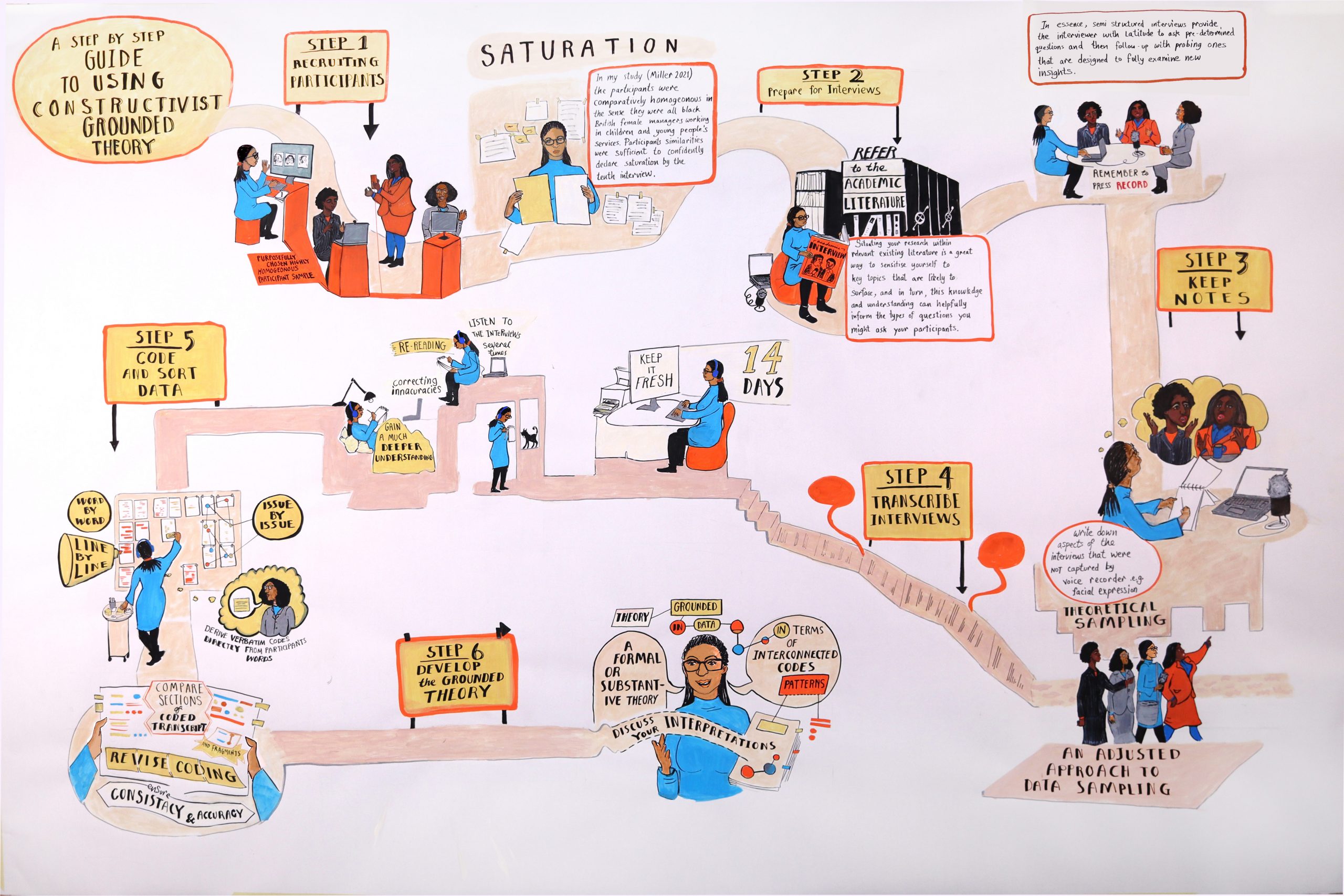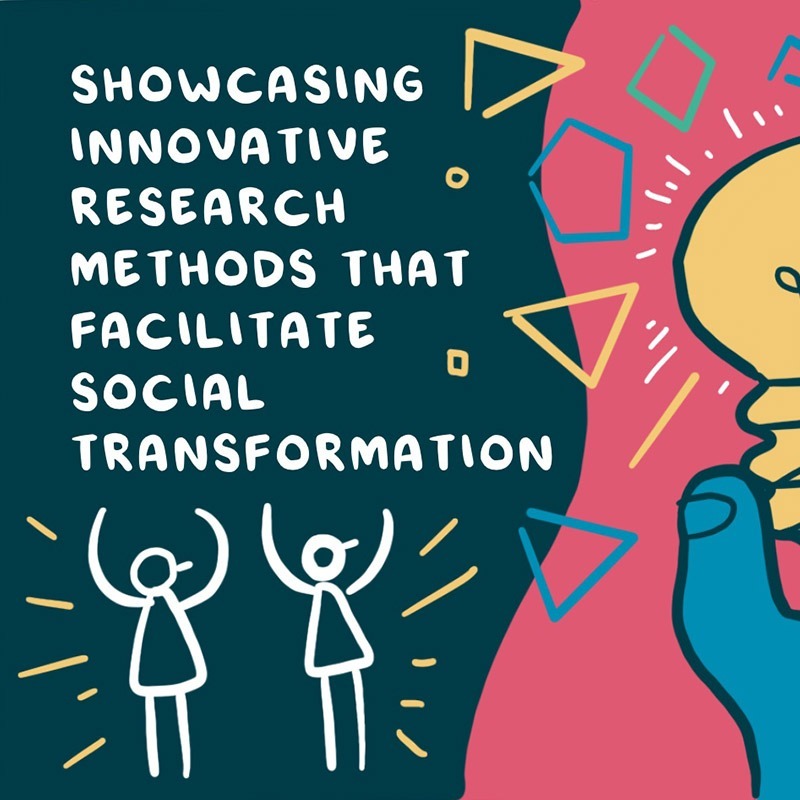Aspect member: University of Manchester.
What is the project doing?
Methods for Change Phase 2 draws on the existing collaborators from Phase 1, and the wider and expanded Aspect network partners.
The project’s first monitoring and evaluation survey conducted in summer of 2021 has shown that for 85% of people being involved with Methods for Change Phase 1 (Aspect contributors, academic and non-academic stakeholders) has ‘prompted them to think differently about their work and the role of social science methods’. Phase 2 looks set to continue the ambitious aim of realising the value of social science methodologies for creating change in society, and continue highlighting their importance, relevance and potential use beyond academic contexts for non-academic stakeholders from business, industry, government, and third sector organisations.
In this iteration, the project hopes to engage more strongly with critical and interpretive approaches to spatial, mixed methods, and quantitative methodologies. It will also more strongly engage with academics who are using social science research methods within interdisciplinary settings. Building on the success of Phase 1, the project will also look to explore non-traditional funding for social science methods driven projects (e.g., Innovate UK KPTs) and cooperative, social science consultancy projects across University of Manchester and other academic partners building partnerships, collaboration and non-academic impacts that will live beyond Phase 2 of the project.
Visit the Research Methods Library.
Why is this needed?
The social sciences offer many possibilities to deepening understandings of societal needs, environmental challenges, and wider political dynamics that can enhance the practices of customer, consumer and policy research within businesses, third sector organisations and government departments. The robust methodologies developed within the social sciences are often under-utilised by non-academic sectors and in interdisciplinary settings. Given the complexities of current national and global socio-ecological and socio-economic problems, there has never been a more important moment to mobilise the potential within social science methodologies with non-academic stakeholders to invoke transformative socio-ecological and political change.
How can members get involved?
The project will take place for 15 months from June 2022.
For further information on how to be involved please contact Dr Ali Browne (alison.browne@manchester.ac.uk).


